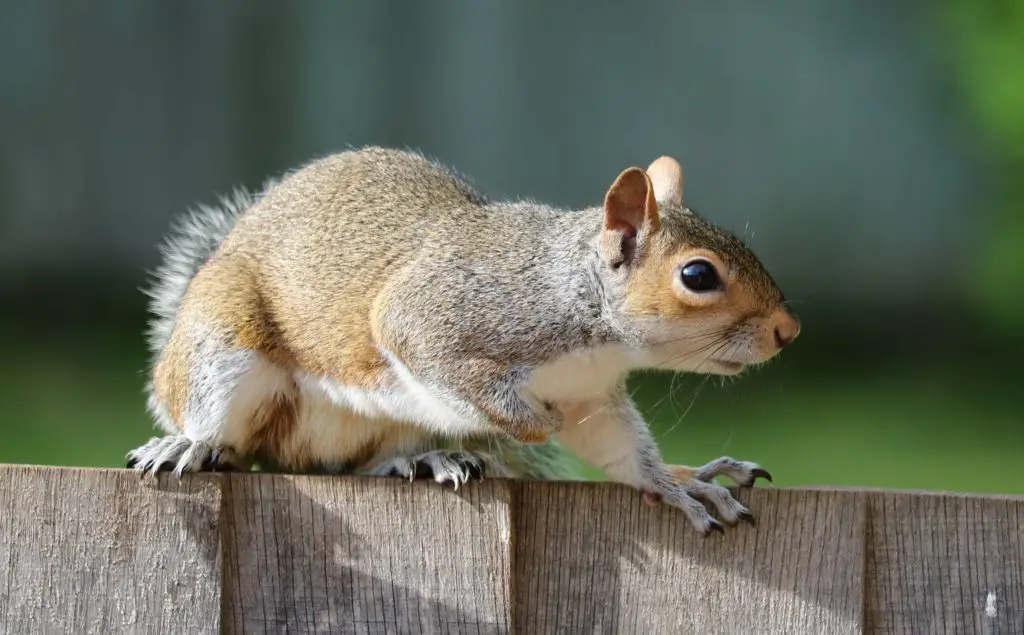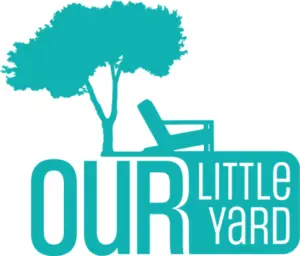One of the most exciting gardening experiences for my kids when they were young was our herb garden. We started basil, rosemary, thyme, oregano, sage, dill, parsley, and cilantro from seeds, and they watched small green sprouts poke through the tops of the tiny soil cups until at last, they were ready to put into the small plot that we prepared for them.
Most of them thrived and supplied more than enough herbs for all of our recipes. A few, however, never grew very tall and looked like they had been nibbled. “It’s the squirrels,” my daughter said. “They are eating our herbs.”It turns out she was right. The squirrels had eaten some of our herbs but left others completely untouched.
Squirrels do eat herbs, they specifically like to eat parsley, cilantro, and dill. In our herb garden, they seemed to be interested in those with soft leaves and a mild flavor and aroma. Squirrels have a strong sense of smell and seemed to have no interest in the basil, rosemary, thyme, oregano, or sage, perhaps because the scent and flavor are stronger.

How Can You Tell if Squirrels are Eating Your Herbs?
Squirrels tend to leave small holes behind as signs of their foraging or burying their food supply. You may also be able to see small bite marks on the leaves of your herbs. You may find remnants of partially eaten leaves or flowers lying around your herb garden.
Can the Squirrels Damage Your Herbs?
There was one thing that my daughter got wrong in her theory about the squirrels eating our herbs. They weren’t the cause of the plants failing to thrive. In our case, it was a lack of water. As we learned through some trial and error, the area of the sloped hillside where our herbs were planted left some of the herbs dry and getting too much sun while others were getting a bit too much water.
In my experience, the squirrels snacking in our herb garden did no long-term damage to our plants. The pieces they tore from the plant were so small that the leaves grew back quickly and the health of the plant was not compromised. No big deal. The one exception to this is if you are planting seedlings or very young herb plants.
At this early stage of their lives, the plants are particularly vulnerable. In our yard, the squirrels seemed to love to dig these small plants up in search of the delicious and nutritious seedlings. The plant’s root system may not be strong enough yet to withstand their digging.
We planted about 50-60 tiny seedlings, 10 of which did not grow. I can’t say for certain that this was due to squirrels snacking on them, but it’s my leading theory.
Once your herbs are established in their new home, squirrels are not likely to do much damage when they visit for a snack.
How to keep herbs healthy
Herbs are low maintenance and are a great way to introduce your kids to gardening and its many benefits (like eating what you grow!). Most common herbs need at least moderate sunlight and very little water. Nearly all herbs, however, require a little pruning to stimulate consistent growth. It is best to do this regularly, rather than hacking away large sections of the plant in one session.
Generally, you should never remove more than one-third of the plant at any given time. Another important consideration for pruning is the time of year. Avoid pruning if the first frost of the year is less than two months away, as this will help avoid undue stress on your plants.
Prune your herbs by starting at the top, where the leaves are smaller and more tender. Use clean scissors, and cut just above the “node”, or the knobby looking area where the leaf and stem connect.
If you notice your herbs blooming, you can cut off the blooms. This will allow the plant to all of its direct nutrients and energy towards growing more foliage (the part of the herb plant that is generally the tastiest). You will also want to cut any dead or decaying stems or leaves when you spot them to help the plant streamline its efforts.
How much water do herbs need?
As I mentioned earlier, the reason that some of my established herbs were not growing well had nothing to do with squirrels, even though the little critters were indeed feasting on them. Our family had not yet achieved the right moisture balance for our herb garden site, which had great variability between full sun and partial shade.
Most common, household garden herbs are fairly drought tolerant. However, some moisture is needed to keep your plants actively growing. I generally water only during the hot and dry summer months or any longer period without rain. Some herbs, like St. John’s Wort, grow quite well with no water at all. In my region, the Cooperative Extension recommends avoiding the use of mulch as it keeps the soil too moist for optimal herb growth.
If you see a fungus on your herbs, the culprit is likely too much water. You may be able to remedy this by allowing the plant to dry out (ceasing watering or removing any covering like much or leaves holding in moisture). You’ll also want to cut the plant back to remove the fungus and encourage new and healthy growth.
How Do You Harvest Herbs?
If you are harvesting fresh herbs in order to dry them out for later use, you will want to harvest your herbs just before the plant blooms. This is the point in the plant’s life span when its concentration of essential oils is at its peak.
If you are cutting herbs only when you need them, morning is the best time of day to harvest, because the plants have the highest concentration of essential oils early in the day. Make your cut just above the first joint of soft and tender growth (as opposed to the woody segments towards the bottom of the plant).
